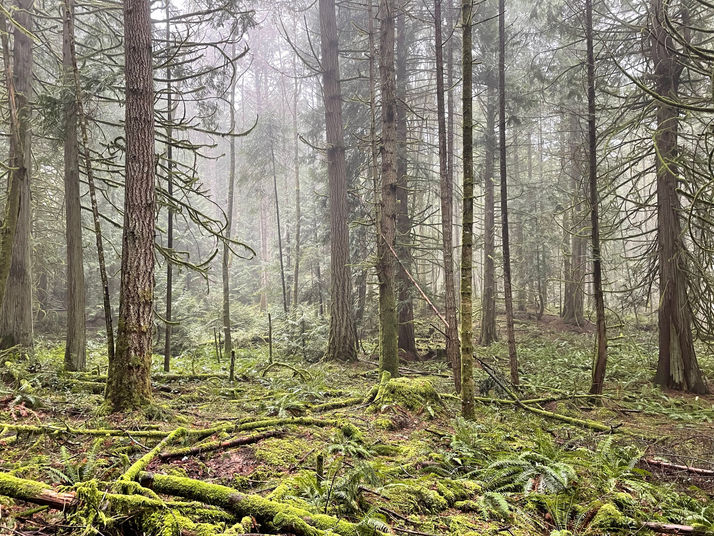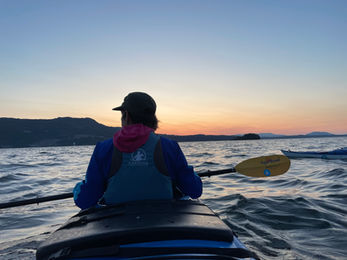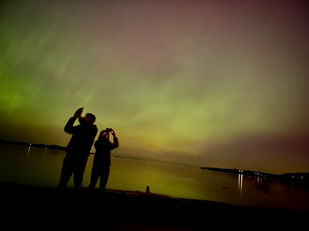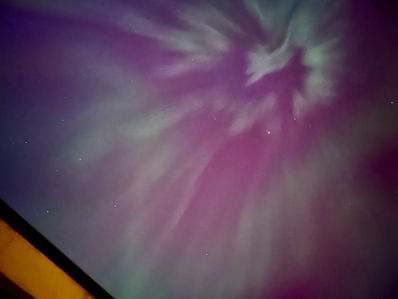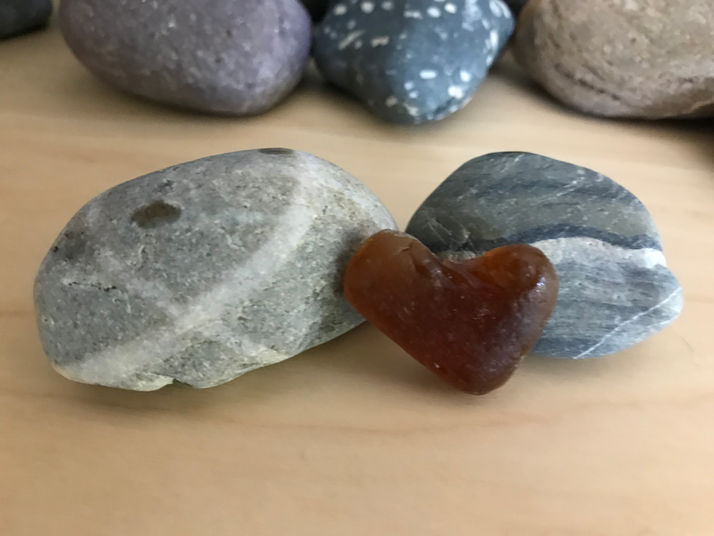Other Influences on Julie's therapeutic approach
Focusing
"Focusing is an experiential, embodied and evidence-based practice of self-reflection. During Focusing, your attention will open up to multiple layers and aspects of living. It’s called Focusing because it requires a special kind of “focus” to notice what is not yet clear, fuzzy and vague, implicit in how you interact with your situations and environment. This fuzzy dimension of experience is called the “felt sense.” Focusing on the “felt sense” allows an in-depth clarification process to happen. Sometimes this leads to an amazing experience that the body is reliable in its living-forward tendency."
Focusing was first developed by Dr. Eugene Gendlin, a philosopher and psychologist, and was described in his book Focusing published in 1978. Focusing has been influential in many domains including psychotherapy and Somatic Experiencing.
Julie has trained in Advanced Focusing through the International Focusing Institute and in using Focusing to process nightmares with Dr. Leslie Ellis.
For a taste of Julie's approach to Focusing listen to her recording "Focusing Guided Inquiry" on the Insight Timer App.


Buddhist Psychology & Contemplative Practice
Julie has engaged in in-depth study of Buddhist Psychology and meditative practices. She has focused primarily on the early Buddhist teachings that Insight Meditation, mindfulness and related contemporary meditative practices are based upon.
She has engaged in extended periods of silent meditation retreat practice and training at the Insight Meditation Society and Barre Center for Buddhist Studies in Barre Massachusetts, Spirit Rock Meditation Center in California, Gaia House in England and Upaya Zen Center in New Mexico.
Sh
Somatic Experiencing
Julie includes the body and somatic survival responses in her work. She is qualified as Somatic Experiencing Practitioner (SEP) through Somatic Experiencing International, as well as additional training in working somatically online with esteemed SE teacher, Kathy Kain. Somatic Experiencing "resolves symptoms of stress, shock, and trauma that accumulate in our bodies. When we are stuck in patterns of fight, flight, or freeze, SE helps us release, recover, and become more resilient." Julie utilizes a somatic approach when it fits with each individual client's concerns.


Psychedelic-Assisted Psychotherapy & Integration
Julie has trained in Psychedelic-Assisted Psychotherapy (Psilocybin and MDMA) through the Victoria-based non-profit TheraPsil as well as specific Psychedelic Integration training with Fluence.
Since completing training in MDMA-assisted psychotherapy for PSTD Julie is able to offer this therapy to her clients through the legal route of Canada's Special Access Program when other forms of trauma-focused therapy have not been effective.
Study of Philosophy
Julie began her undergraduate studies majoring in Philosophy, with a particular interest in philosophy of mind, science, phenomenology and Existentialism.
This eventually led to her interest in studying psychology and completing her master's degree in counselling psychology and psychotherapy at the University of Toronto with a particular focus on Mindfulness in psychotherapy.

Connection to Nature
Another significant influence is connection to nature and inspiring images...

